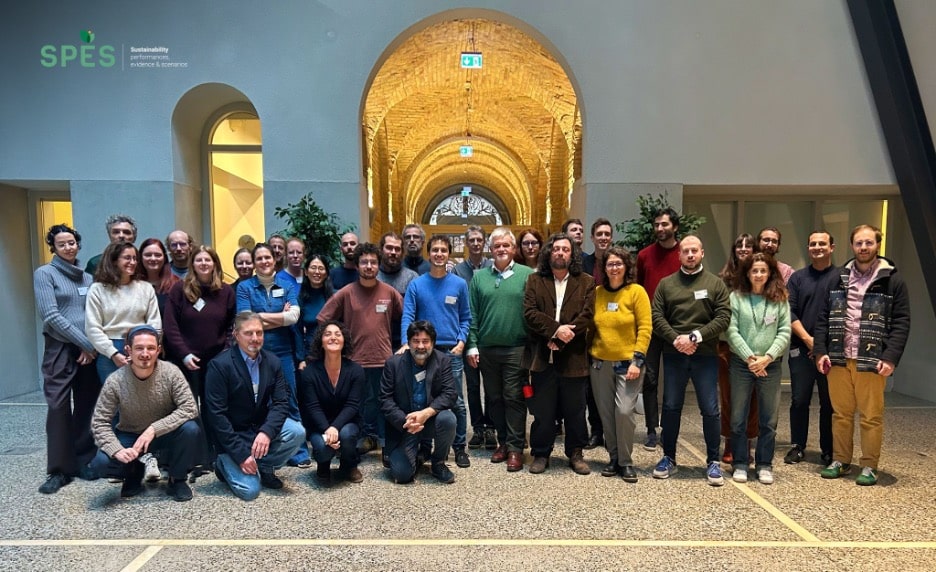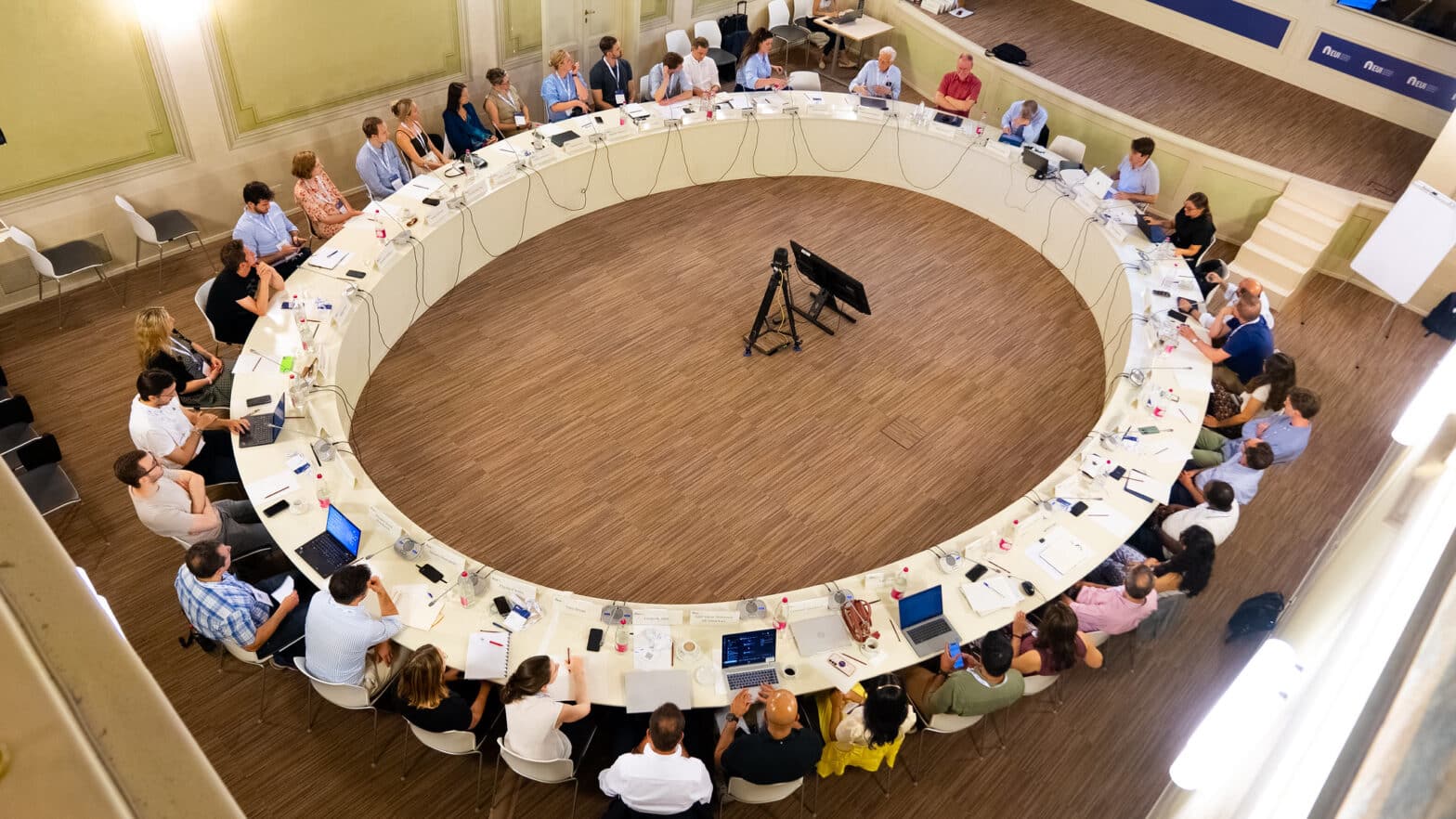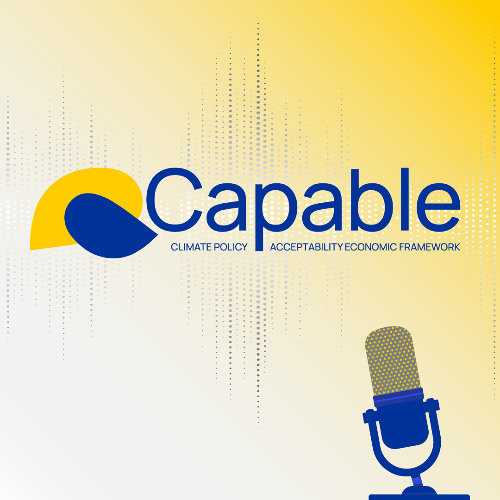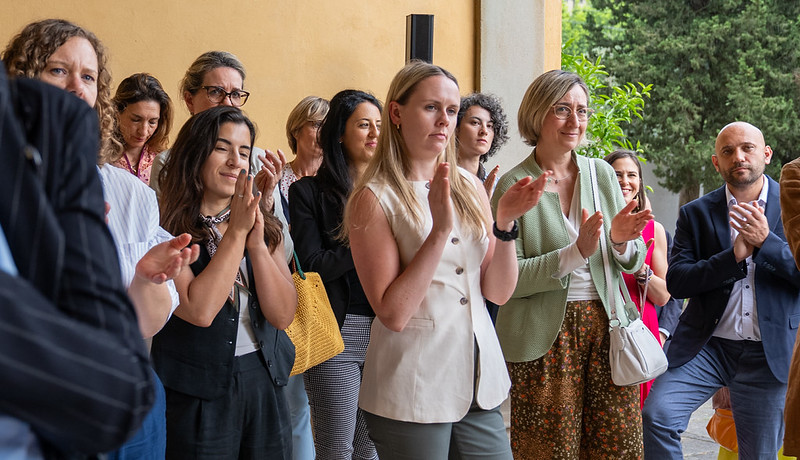Unpacking India’s Climate Modelling Tools

A recent study undertaken by the Indian Institute of Technology Delhi (IIT Delhi) and the Centre for Policy Research (CPR) examines the various climate modelling tools used in the context of India.
As modelling studies are increasingly used to inform energy and climate policy design, it is imperative that the construct and results of these various studies be adequately understood and contextualised. At the Unpacking Models (UM) initiative the authors develop and employ a common reporting framework to assess, compare, and interpret the results of various modelling studies.
Watch the recording
The UM assessment framework unpacks the modelling study in a two-step process. In the first step, it helps policymakers understand the robustness of the modelling study, by assessing five dimensions of its structure:
- The validity of its input assumptions;
- The appropriateness of the model for the purpose to which it is applied;
- The construction of the scenarios;
- The overall treatment of inherent uncertainties;
- The validity of its outputs.
In its second step, the framework interprets what modelling results imply for six policy priorities relevant to a low-carbon transition:
- Energy transition pathway;
- Emissions;
- Development pathway;
- Investments;
- Equity;
- Energy security.
The authors hope that this initiative will contribute to more informed and measured use of these various modelling studies in the design of energy and climate policies, by policymakers, academics, and civil society.
Host: Jean-Michel Glachant (Florence School of Regulation – Energy)
Invited guest: Kaveri Iychettira (Indian Institute of Technology, Delhi)
Discussants: Franziska Holz (DIW Berlin) and Albert Ferrari (Florence School of Regulation – Climate)
Presentations
-
Unpacking India’s Climate Policy Modelling Tools: A Framework
Dr. Kaveri Iychettira, School of Public Policy, IIT Delhi
Don’t miss any update on our events
Sign up for free and access the latest events from our community.













